Schedule a Call Back
India's manufacturing renaissance: Rishi Aggarwal
 Articles
Articles- Jan 23,25

Make in India is an initiative designed to encourage indigenous production, generate employment, and implement a robust plan for local development. This shift fosters local initiatives that enhance India’s position as a key manufacturing and trade hub while attracting global customers and investors. The Make in India initiative is accelerating the nation’s economic growth and aligns perfectly with the need for industrial ambitions that drive national progress.
When industries integrate their ambitions with the larger goal of economic self-reliance, they not only create value for themselves but also strengthen the country’s economic resilience. This initiative enables the closure of supply chain gaps, the development of local talent, competition in more sectors, and the achievement of international recognition. India’s pride in its position on the global manufacturing map reflects the transformative potential of collective progress.
‘Make in India’ and its alignment with the industry
The manufacturing sector is a significant contributor to the national GDP. Increased local production fosters India’s economic growth. Government initiatives such as the Production Linked Incentive (PLI) scheme attract domestic and foreign investments while promoting robust infrastructure. These initiatives incentivise high-value manufacturing in sectors like electronics and pharmaceuticals, while industrial and logistical corridors enhance transport and distribution. This not only creates employment opportunities and promotes ancillary industries but also encourages skill development. Industries have leveraged these initiatives to develop cutting-edge, globally standardized solutions using AI, IoT, and robotics, streamlining operations and enhancing productivity.
Challenges
Often, growth opportunities are disguised as challenges, a perspective that applies to India’s manufacturing sector, which has demonstrated remarkable adaptability over the decades. Challenges impacting efficiency, scalability, and cost-effectiveness remain significant. For example, reliance on imported high-quality raw materials increases production costs. Global disruptions further destabilise supply chains, driving costs even higher. However, promoting research and innovation to ensure the local availability of high-quality raw materials can address these issues. The Make in India initiative actively supports manufacturers and local suppliers in building a self-sustainable ecosystem for the industry.
The logistics and transportation sector faces challenges such as high costs and limited connectivity in underdeveloped regions, which hinder timely delivery and impact production cycles and competitiveness. Make in India addresses these issues by developing logistics corridors and parks to integrate underdeveloped regions into the national network, boost regional economies, and improve transport efficiency. Optimised transport systems also reduce the carbon footprint, aided by e-multimodal logistics parks that integrate rail, road, and other channels for seamless connectivity.
Another critical challenge is the availability of skilled manpower. Creating a sustained pipeline of skilled labour is essential for the success of Make in India. This issue affects traditional manufacturing and emerging sectors like electronics and advanced engineering. With the rising demand for technical expertise, government initiatives like ‘Skill India’ and ‘One Nation’, ‘One Subscription’ play a pivotal role in bridging this gap. These programs empower Indian youth, making them more skilled and industry-ready.
Opportunities
The Make in India initiative offers immense opportunities for the manufacturing industry, the nation, and individuals. It creates career growth and entrepreneurial opportunities across society while influencing every economic sector. The growing demand for diverse products and solutions, driven by a large consumer base and increased purchasing power, is central to Make in India’s success. Businesses are incentivised to innovate, leading to high returns and further innovation.
With a significantly large and dynamic youthful workforce, India is primed to become a global economic powerhouse. The initiative also fosters an entrepreneurial mindset, equipping the youth with essential skills and driving transformation across production sectors. A self-sustained domestic market, supported by local availability of quality raw materials, skilled labour, and improved logistics, is reducing reliance on imports and strengthening India’s economy.
A self-reliant domestic industry serves as the backbone of national growth, making India less vulnerable to geopolitical upheavals. Reduced manufacturing costs, a skilled labour force, a large consumer base, and high-end infrastructure position India’s manufacturing sector to leverage global opportunities and tap into the vast potential of international markets.
Conclusion
With the Make in India campaign, India is set to emerge as a global manufacturing leader, enhancing its reputation for operational efficiency, product quality, and innovation. While the benefits may not be immediate, the long-term outcomes will boost employment, production, consumption, and overall economic development.
Complementary initiatives like ‘Skill India,’ ‘Digital India,’ ‘Start-Up India,’ and ‘Atmanirbhar Bharat’ further enhance self-reliance, skill development, and digital connectivity. Projects such as the Delhi-Mumbai Industrial Corridor (DMIC) aim to create state-of-the-art industrial zones that provide a productive environment for manufacturing growth.
Thoughtful planning and collaboration between industries and policymakers will enable India’s manufacturing sector to lead the nation’s economic transformation. With sustained efforts and innovative strategies, Make in India has the potential to become the cornerstone of India’s long-term global economic success.
About the author:
Rishi Aggarwal is the Managing Director of the JCBL Group, a diversified business conglomerate that has grown into a symbol of innovation and excellence under his visionary leadership. With 27 years of industry experience, he has driven the group’s remarkable expansion across key sectors, including mobility applications, defence and aerospace, railway and bus components, agriculture, and international business.
Collaborating with renowned global and Indian brands such as Tata, Mahindra, Ashok Leyland, and Daimler, Aggarwal has transformed JCBL into a trusted partner in the industry. His strategic vision and ability to build dynamic teams have been instrumental in establishing JCBL as a powerhouse that continues to touch lives across continents while driving sustained growth and success.
Related Stories
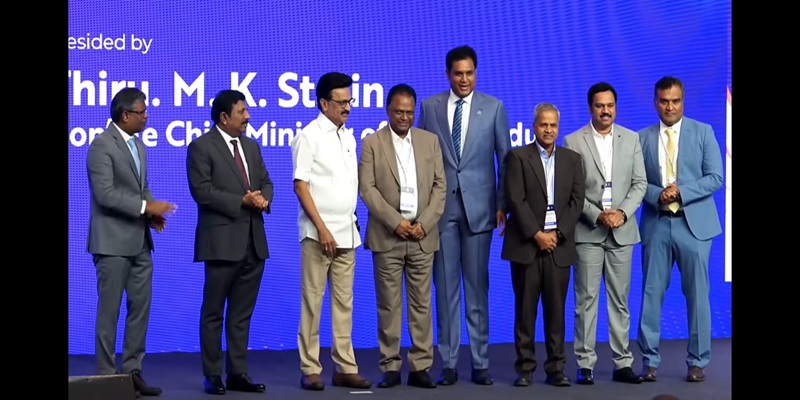
Mahindra Expands Advanced R&D and Testing Facilities at Chennai MRV
Mahindra & Mahindra invests Rs 1,960 million to expand its Advanced R&D and testing facilities at Mahindra Research Valley, creating 2,000 new jobs and reinforcing Chennai as an innovation hub.
Read more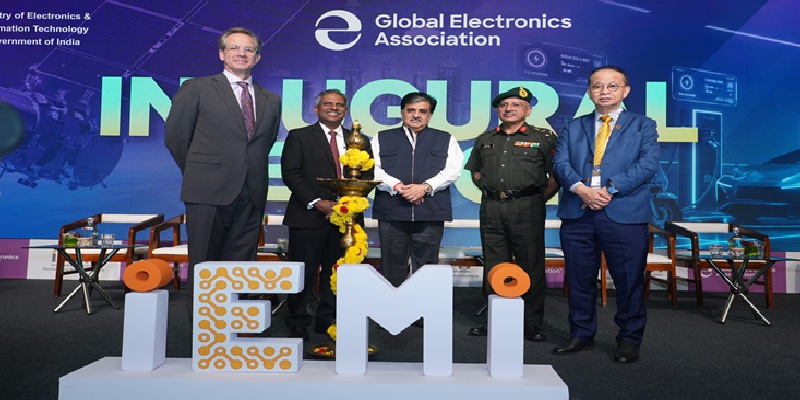
IEMI 2026 Concludes with Strong Industry and Defence Outcomes
IEMI 2026 concluded in Bengaluru with over 1,800 delegates, key MoU signings, industry reports, and global participation reinforcing India’s electronics manufacturing ambitions.
Read more
Birla Precision Technologies Unveils New Brand Identity and Vision
Birla Precision Technologies Limited announces a new brand identity, marking its evolution into a technology-driven, diversified and future-ready precision engineering company.
Read moreRelated Products
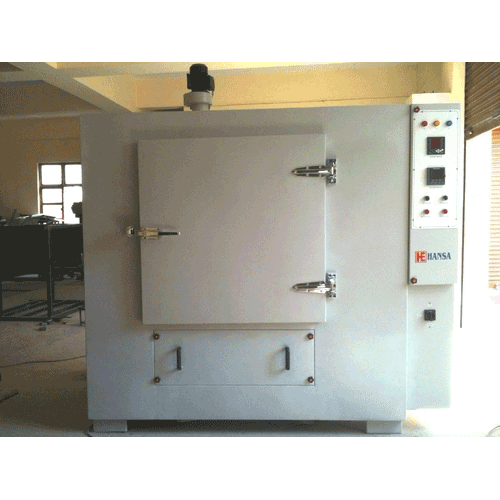
Heavy Industrial Ovens
Hansa Enterprises offers a wide range of heavy industrial ovens.
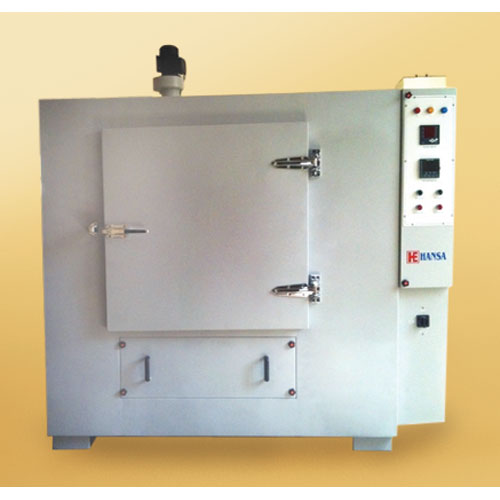
High Quality Industrial Ovens
Hansa Enterprises offers a wide range of high quality industrial ovens. Read more
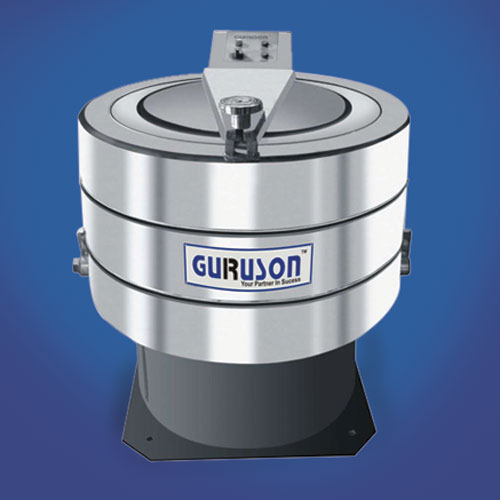
Hydro Extractor
Guruson International offers a wide range of cone hydro extractor. Read more













